For me, and for so many others, the University of Allahabad was more than just a school—it was a world of its own. It was a place where knowledge was a living, breathing thing, passed down from generation to generation. As I began my own journey, I followed in the footsteps of those who came before me, not just learning from books but from the legacy of an institution that shaped countless lives. This multi-part series is a glimpse into that world, a nostalgic look back at a time when the pursuit of knowledge was a deeply personal and transformative experience. It’s a story of a young student’s path to becoming the University’s Vice Chancellor, a journey marked by hard work, determination, and a love for learning that was born within those hallowed halls.
In the Shadow of Giants
My first steps onto the campus of the University of Allahabad in July 1967 felt like a return to a place I already knew. The university wasn’t just a building; it was a story I had heard my whole life, a legend passed down by my father and my four elder brothers. My father, a former postgraduate student in the history department, spoke of his teachers with a reverence that was almost spiritual, especially Sir Shafat Ahmed Khan, the head of the department. He admired his punctuality and his scholarly presence—his aura filled the lecture halls. His passion for the university’s legacy was deeply ingrained in me long before I ever set foot on campus.
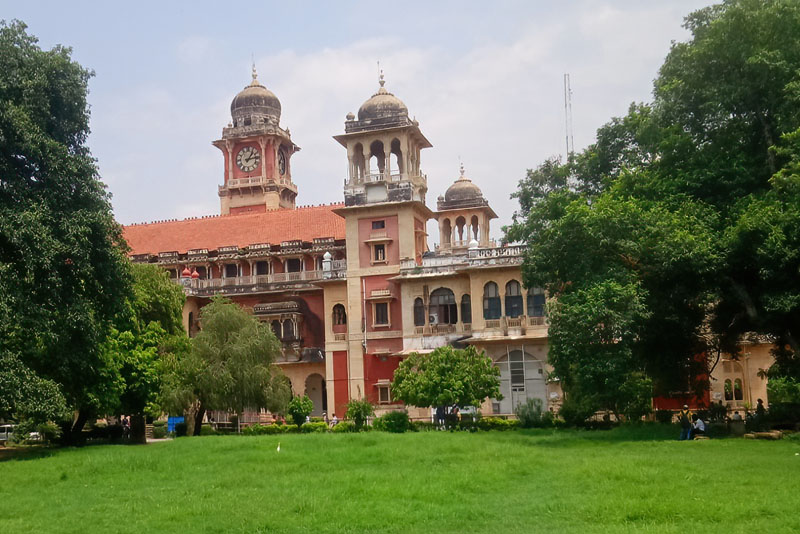
My four older brothers had already made their mark on the institution, each earning a Master’s degree in the 1950s and ’60s. My eldest brother, Shamsur Rahman Faruqi, who would later become one of the most prominent Urdu scholars of his time, had ranked 1st in M.A. English Literature in 1955. My other brothers also pursued Master’s degrees in English Literature and Modern History, respectively. All of them went on to have successful careers in the Civil Service, holding prestigious positions in the government. The university was a family tradition, and I felt the weight of their legacy on my shoulders.
The Oxford of the East
The University of Allahabad, known as the “Oxford of the East,” was a place of immense prestige. Even as its reputation began to wane, it remained one of the best universities in India—a true melting pot where students from all corners of the country came to learn. It was famous for producing civil servants, often referred to as an “IAS producing factory,” and every year, a large number of its students successfully qualified for the Civil Service.
Finding My Path
Coming from a science background, my decision to pursue arts was a significant one. I had studied Physics, Chemistry, and Mathematics in college and was largely unfamiliar with English and History. My scores in my intermediate exams had been modest, which was a disappointment to my parents and to me. But this experience taught me a valuable lesson: success requires dedication and hard work. I knew then that I would have to give my all to my Bachelor of Arts degree.
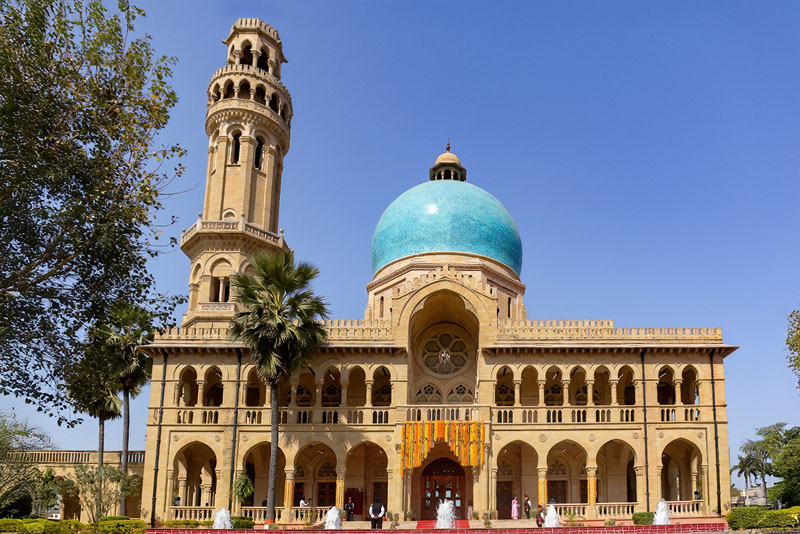
I was a quiet, shy student from a humble background, often taking a seat at the back of the class and keeping to myself. My first day is a blur, but I do remember a student named Masroor Ahmad Khan who became a lifelong friend. Our friendship lasted until his untimely passing in 2010.
In the History department, there were two sections: one for English medium students and another for Hindi medium students. Although I had attended the local Government Inter College, which was then known as the best school in Uttar Pradesh, the medium of instruction was Hindi, so I opted for the Hindi medium section. However, I challenged myself by writing my exams in English and immersing myself in the best English textbooks I could find in the university library. Dr. N.C. Roy and Dr. Radhey Shyam taught us History. In English and Urdu Literature, we were taught by Dr. P.P. Shah, Mr. V.K. Agnihotri, Dr. Rafiq Hussain, and Dr. Zille Hasnain. Mr. Agnihotri would later go on to join the Civil Service, eventually retiring as the Secretary General of the Lok Sabha.
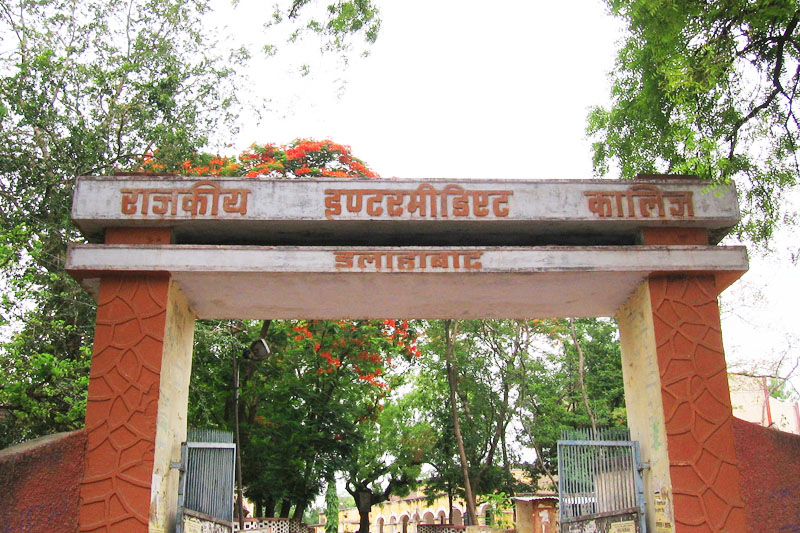
I attended every class and studied diligently throughout the year. When the results for my first year were announced, the news was a pleasant surprise to everyone, including myself. I stood 5th in order of merit in the entire university with an impressive score of 69%, an achievement that filled me with a sense of triumph and renewed purpose.
A Newfound Momentum
My success in the first year was a turning point. It wasn’t just a grade; it was a confirmation that my hard work had paid off. It motivated me to push even harder in my second year, and suddenly, I was no longer a shy back-bencher. Teachers and classmates began to take notice of me.
In my second year, our teachers included Professor Ehtesham Husain, Dr. S.M. Aqil Rizvi, Dr. Richard Dutt, Dr. K.C. Agarwal, Dr. Mrs. Rekha Joshi, and Dr. Radhey Shyam. I was particularly impressed by Professor Ehtesham Husain, a scholar of international renown. He was a perfect gentleman and an exceptional teacher whose kindness left a deep impression on me. He always addressed us as “Mr.” and was always ready to help his students.
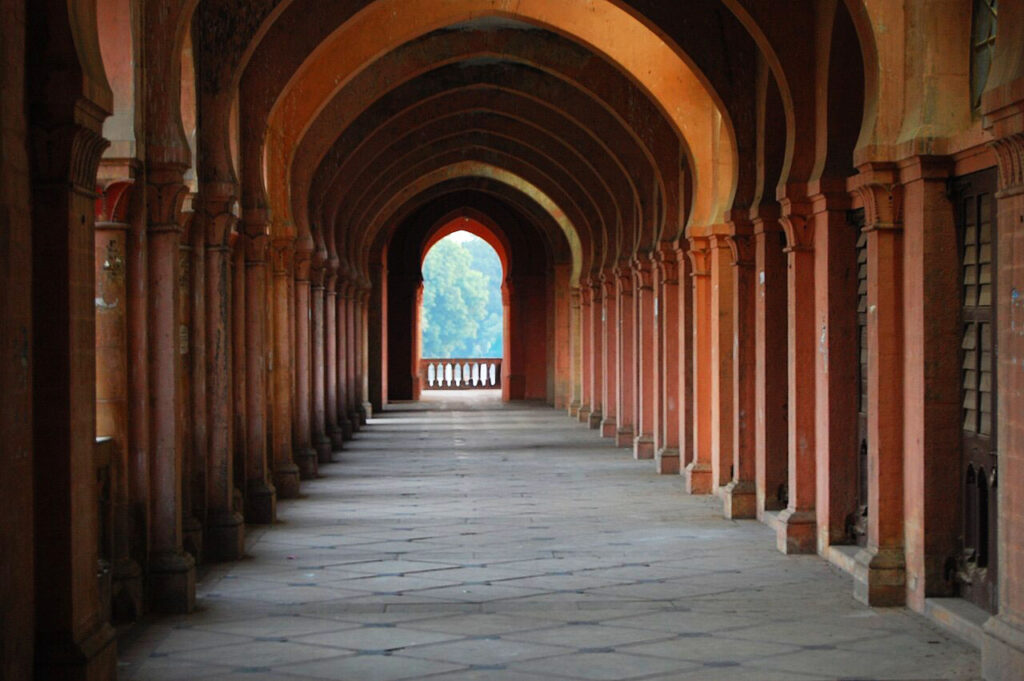
In addition to my regular studies, I often visited my eldest brother’s home. He was a Senior Superintendent of Post Offices in Allahabad at the time. He passionately taught me English and Urdu Literature and even gave me his copy of A.C. Bradley’s ‘Shakespearean Tragedy’ to help me understand Shakespeare’s play ‘Macbeth,’ which was part of our syllabus. I took detailed notes from the book and used them in my mid-term examination. I got second highest marks in the examination and impressed my teacher with my familiarity with Bradley’s insights.
In my final year, my hard work culminated in an exceptional result—I stood 3rd in order of merit with a score of 71%. I was also awarded the Iqbal Gold Medal for being the best Muslim student in 1969 and received a monthly scholarship for the next two years. It was a proud moment—a testament to the power of perseverance and a harbinger of the journey that lay ahead.
With the first part of my university days now behind me, I felt a new sense of confidence. My early struggles had been overcome, and I had found my rhythm within the university’s storied halls. I knew the road ahead would hold its own challenges, but I also knew that with hard work and dedication, I was ready to face them.
The story continues…

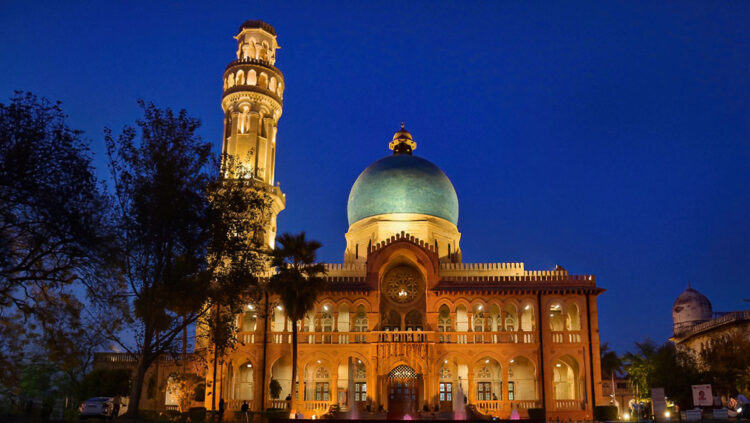
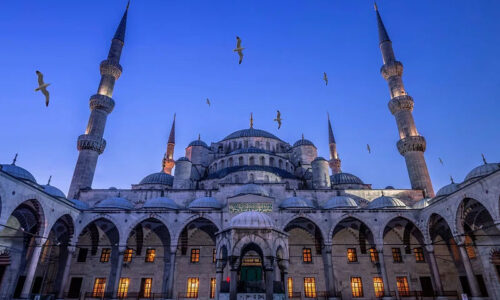
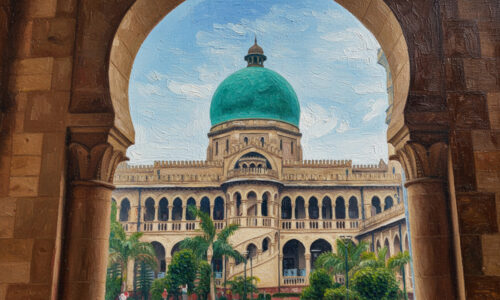
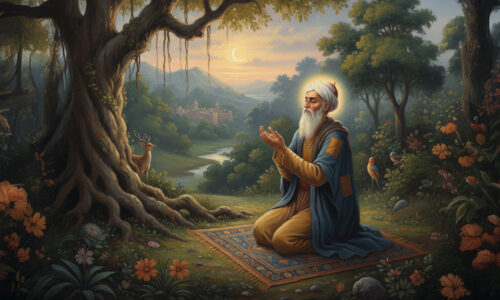
Very nice
Thank you!
Nostalgic
Thanks for taking this initiative and writing the memories of those Golden Days.
Thank you, Masood!